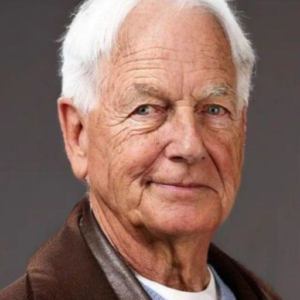Why Did the Prisoner Choose the Bread Instead of the Key
You are a philosopher if you know the solution. He had the opportunity to go, but he did not.
A prisoner is left alone in a chamber in “The Prisoner and the Bread,” a well-known parable. There are two options in front of him: a loaf of bread or a key to his escape.
It appeared tough for him to decide because he had no idea how to utilize the key or why it was there in the first place. Before choosing the loaf of bread, he carefully studied his possibilities.
When presented with two options, the optimal decision must be carefully considered.
These decisions become even more important for inmates since they may influence their existence.
Why a prisoner would choose bread over a key to escape has recently been the subject of much debate. Plutarch, a Greek philosopher, was the first to confront this intriguing problem in antiquity. Many others, including myself, have been perplexed by it since then.
Why a prisoner would choose bread over a key boils down to survival instinct. Even while the key unlocks your shackles, it does not guarantee that you will be free and secure on the other side.
The possibility of an unsuccessful escape increases if no strategy is in place to assist them in getting past any guards or walls that stand in their way.
Bread, on the other hand, provides rapid nutrition and can provide some solace in a difficult situation, which the key cannot provide on its own.
A prisoner’s ultimate goal may be to escape captivity, but their immediate need for nutrition may take precedence over their long-term goal of achieving freedom, which may explain why they select bread over a key. Bread can be used as both nourishment and money to bribe guards and compensate for some of the difficulties associated in escape planning. When the dangers and benefits are considered, bread appears to be the more rational overall decision.
While the choice between bread and a key ultimately comes down to personal circumstances and desired outcomes, regardless of the option, it is always beneficial to be conscious of one’s own limitations and to utilize the resources that are available.






